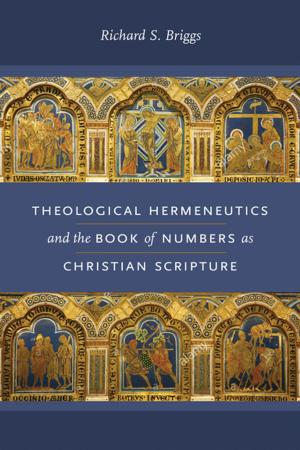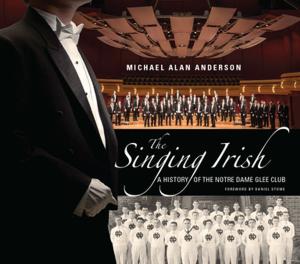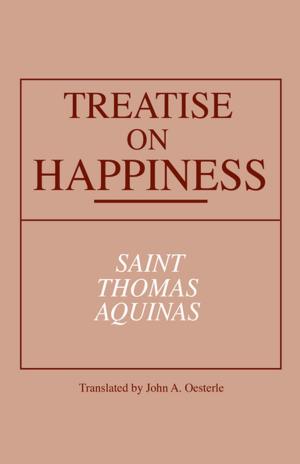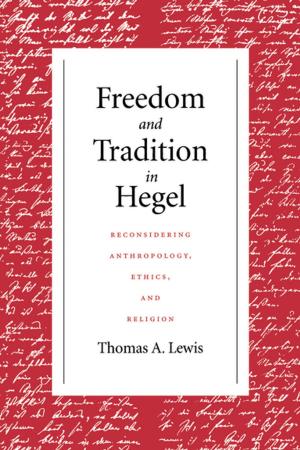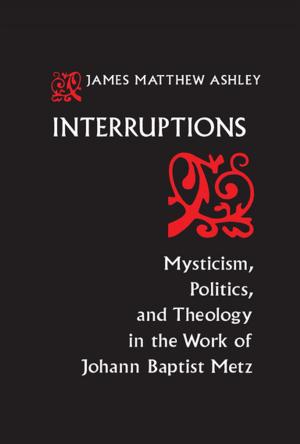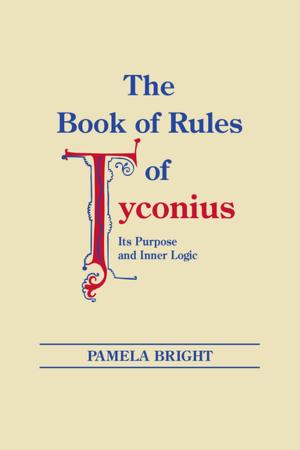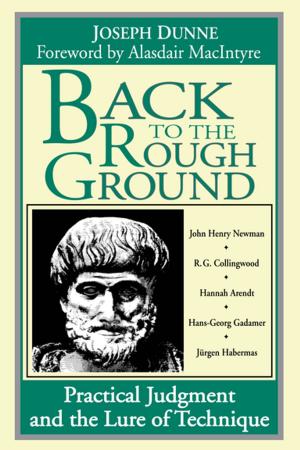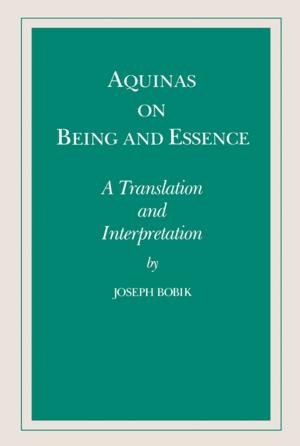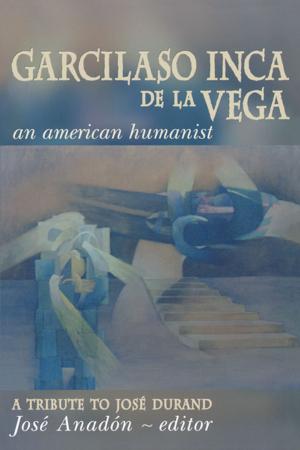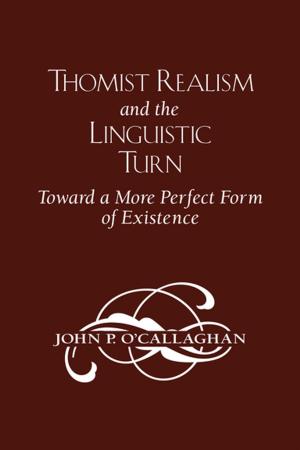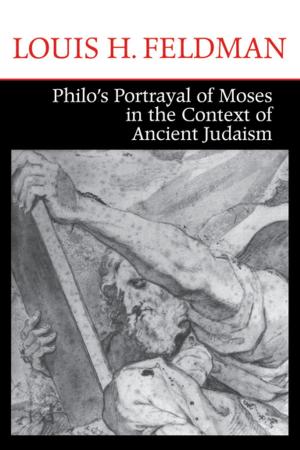Victorian Reformations
Historical Fiction and Religious Controversy, 1820-1904
Nonfiction, Religion & Spirituality, Christianity, Christian Literature, Fiction & Literature, Literary Theory & Criticism, British, Denominations, Catholic, Catholicism| Author: | Miriam Elizabeth Burstein | ISBN: | 9780268076382 |
| Publisher: | University of Notre Dame Press | Publication: | December 30, 2013 |
| Imprint: | University of Notre Dame Press | Language: | English |
| Author: | Miriam Elizabeth Burstein |
| ISBN: | 9780268076382 |
| Publisher: | University of Notre Dame Press |
| Publication: | December 30, 2013 |
| Imprint: | University of Notre Dame Press |
| Language: | English |
In Victorian Reformations: Historical Fiction and Religious Controversy, 1820-1900, Miriam Elizabeth Burstein analyzes the ways in which Christian novelists across the denominational spectrum laid claim to popular genres—most importantly, the religious historical novel—to narrate the aftershocks of 1829, the year of Catholic Emancipation. Both Protestant and Catholic popular novelists fought over the ramifications of nineteenth-century Catholic toleration for the legacy of the Reformation. But despite the vast textual range of this genre, it remains virtually unknown in literary studies. Victorian Reformations is the first book to analyze how “high” theological and historical debates over the Reformation’s significance were popularized through the increasingly profitable venue of Victorian religious fiction. By putting religious apologists and controversialists at center stage, Burstein insists that such fiction—frequently dismissed as overly simplistic or didactic—is essential for our understanding of Victorian popular theology, history, and historical novels. Burstein reads “lost” but once exceptionally popular religious novels—for example, by Elizabeth Rundle Charles, Lady Georgiana Fullerton, and Emily Sarah Holt—against the works of such now-canonical figures as Sir Walter Scott, Charles Dickens, and George Eliot, while also drawing on material from contemporary sermons, histories, and periodicals. Burstein demonstrates how these novels, which popularized Christian visions of change for a mass readership, call into question our assumptions about the nineteenth-century historical novel. In addition, her research and her conceptual frameworks have the potential to influence broader paradigms in Victorian studies and novel criticism.
In Victorian Reformations: Historical Fiction and Religious Controversy, 1820-1900, Miriam Elizabeth Burstein analyzes the ways in which Christian novelists across the denominational spectrum laid claim to popular genres—most importantly, the religious historical novel—to narrate the aftershocks of 1829, the year of Catholic Emancipation. Both Protestant and Catholic popular novelists fought over the ramifications of nineteenth-century Catholic toleration for the legacy of the Reformation. But despite the vast textual range of this genre, it remains virtually unknown in literary studies. Victorian Reformations is the first book to analyze how “high” theological and historical debates over the Reformation’s significance were popularized through the increasingly profitable venue of Victorian religious fiction. By putting religious apologists and controversialists at center stage, Burstein insists that such fiction—frequently dismissed as overly simplistic or didactic—is essential for our understanding of Victorian popular theology, history, and historical novels. Burstein reads “lost” but once exceptionally popular religious novels—for example, by Elizabeth Rundle Charles, Lady Georgiana Fullerton, and Emily Sarah Holt—against the works of such now-canonical figures as Sir Walter Scott, Charles Dickens, and George Eliot, while also drawing on material from contemporary sermons, histories, and periodicals. Burstein demonstrates how these novels, which popularized Christian visions of change for a mass readership, call into question our assumptions about the nineteenth-century historical novel. In addition, her research and her conceptual frameworks have the potential to influence broader paradigms in Victorian studies and novel criticism.



